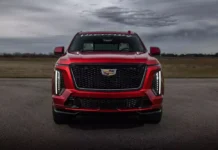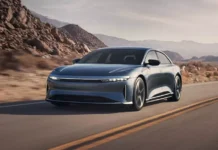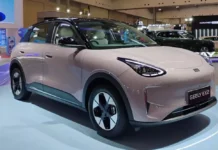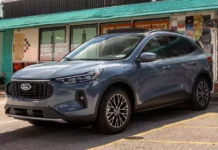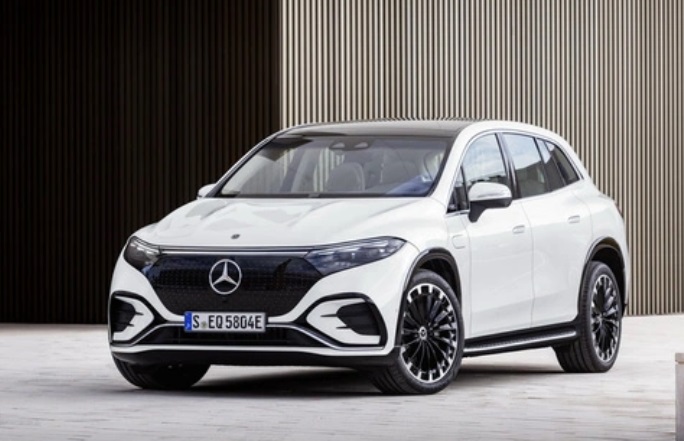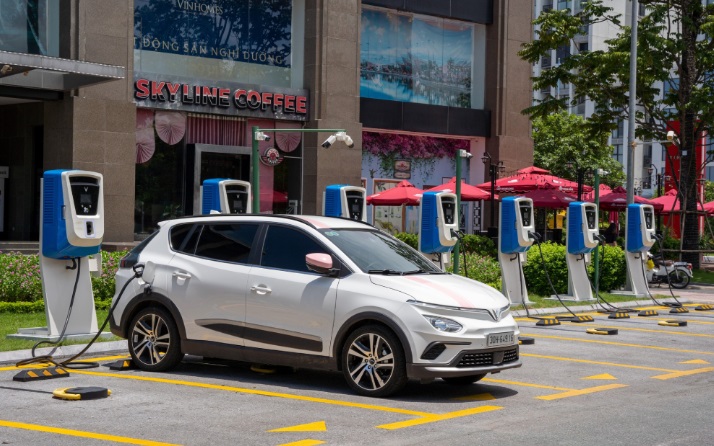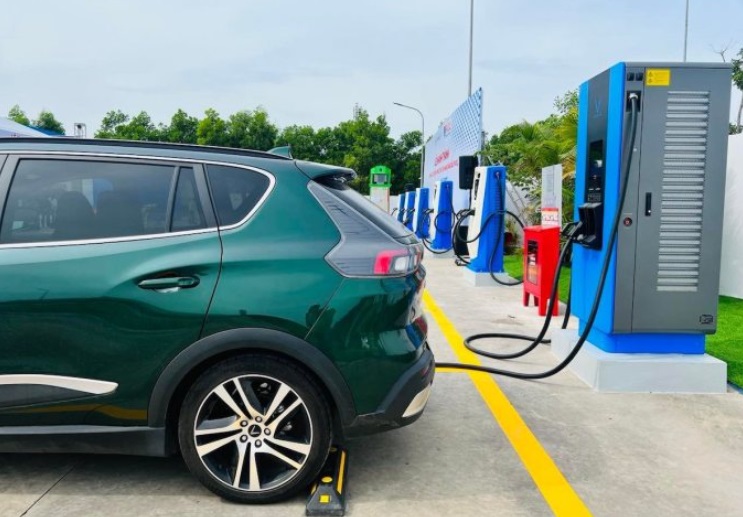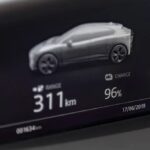Used electric car purchases can be a cost-effective and sensible choice for many. However, there are some considerations to keep in mind before making a decision to avoid financial and physical losses.
The most important thing to consider when buying a used electric car is the battery condition. Being the most critical and expensive part of an electric vehicle, the simplest way to assess the battery is to fully charge it and then compare the estimated range displayed on the information screen with that of a new car.
If the battery depletion is around 10-20%, equivalent to an acceptable travel range of at least 80% of a new car’s range on a full charge, then it’s manageable. If it’s more than 20%, buyers should reconsider as they may need to replace the battery or frequently repair it.
Moreover, buyers should pay attention to the number of charges, monitoring the battery condition through applications for a more comprehensive overview of the battery life.
The undercarriage of the car, which houses the battery, is another crucial area for inspection. If the underbody protection plate is deformed, rusted, or lacks regular maintenance, it could impact the battery and its water resistance.
Brake and tire conditions are also essential when purchasing a used electric car. If they show signs of wear and inefficient use, buyers should consider negotiating a more reasonable price.
TH (Tuoitrethudo)







